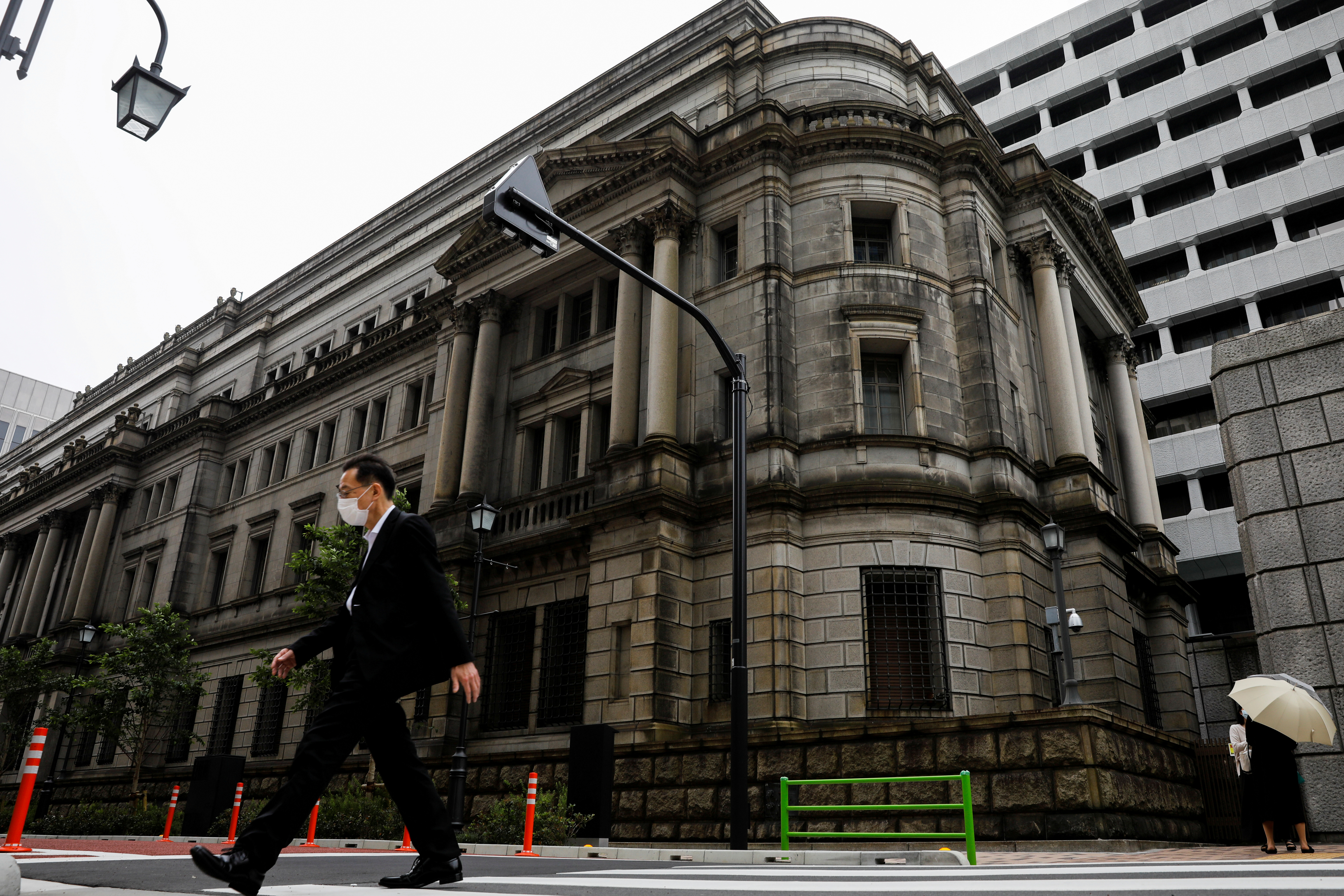(ATF) Japan may be hunkering down to stanch a renewed surge in coronavirus cases but economists and investors may just sense some light at the end of the tunnel.
The Bank of Japan raised its assessment for three of the country’s nine regions and described most local economies as picking up. And the latest data show machinery makers benefited from firm overseas demand, while some retailers saw grocery sales rise as people spent more time at home, the report showed.
In a quarterly report on regional economies, the BOJ also upgraded its assessment on factory output for all nine areas for the first time since 2009, a sign robust demand for goods was offsetting some of the pain from weak service-related spending.
Also on ATF
- Mnuchin saves Alibaba, Baidu and Tencent from Trump ban
- Biden appoints Kurt Campbell as Asia policy head
- Trump signs ban on investment in Chinese military-linked firms
“While conditions are severe due to the impact from the pandemic, many regions are seeing their economies pick up,” the BOJ said in the report.
The upbeat view reinforces market expectations the BOJ will hold off form expanding stimulus at next week’s rate review.
The BOJ revised up its view for three areas from October, and maintained its assessment for five regions including the Tokyo area and the “Kinki” western region – both targets of state of emergency measures rolled out this month.
The assessment comes after the nation halted business travellers from entering the country from 11 destinations in an effort to fend off a new rise in Covid-19 infections. China and South Korea were among the additions. The government is also considering the expansion of a state of emergency across the country.
Machinery orders
Core machinery orders unexpectedly rose for a second straight month in November, data showed on Thursday, although a renewed coronavirus emergency in Tokyo and 10 other areas may cool business appetite for capital spending.
The surprise gain in core orders, a key indicator of capital expenditure, could be a temporary relief to policymakers hoping for corporate investment to spur a private demand-led recovery in the world’s third-largest economy.
The Cabinet Office data showed core orders, a highly volatile data series regarded as an indicator of capital spending in the coming six to nine months, grew 1.5% in November from October, led by increased demand for chip-making equipment and computers, possibly backed by people working from home.
It was a second straight month of gains and compared with economists’ median estimate of a 6.2% drop, following a 17.1% jump in the previous month.
Tourism firms complained of surging cancellations after the government terminated a discount campaign for domestic travel.
The report will be among factors the BOJ will scrutinise in its quarterly growth review at the Jan. 20-21 policy meeting.
Sources have told Reuters the BOJ is likely to slightly revise up its economic forecast for the next fiscal year on hopes the government’s stimulus package will moderate the pain from state of emergency measures to combat Covid-19.
- Reporting by Reuters
























